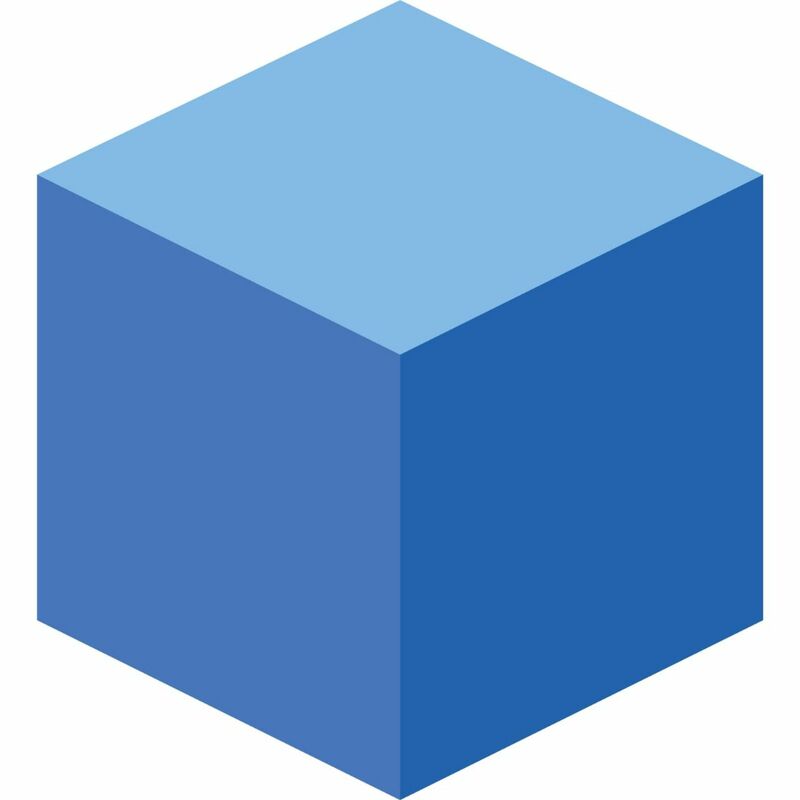Articles
Blockchain Council

Share article
Aspiring to become a Blockchain Developer, the person is now working towards certification from the Blockchain Centre. The future of digital innovation is being shaped by people's ardent pursuit of AI Courses and developing technology.
The rapid growth of artificial intelligence (AI) has transformed the way developers approach programming. What was once a manual and time-consuming process can now be significantly accelerated with AI-powered tools. Becoming an AI-powered coding expert means learning to write code efficiently, solve problems creatively, and build smarter applications by leveraging the capabilities of AI.
This article outlines how you can develop the skills and mindset to thrive as a coding professional who integrates AI into their development workflow.
What Is an AI-Powered Coding Expert?An AI-powered coding expert is a developer who uses AI tools and models to improve software development. This can include:
Using AI code assistants like GitHub Copilot, CodeWhisperer, or ChatGPT
Integrating machine learning into applications
Automating testing, debugging, and deployment tasks
Leveraging AI for faster research and prototyping
Rather than replacing human coders, AI amplifies their abilities—making it easier to write clean, scalable code and solve complex challenges.
Why Become an AI-Powered Coder?Here are a few compelling reasons:
Increased productivity: AI can autocomplete code, suggest solutions, or debug errors quickly.
Smarter applications: You can build apps with features like speech recognition, image classification, or predictive analytics.
Future-ready skills: AI is becoming a fundamental part of modern software engineering.
Better collaboration: AI tools can help document, explain, and visualize code for teams.
Steps to Become an AI-Powered Coding Expert1. Strengthen Your Programming FundamentalsBefore using AI effectively, you need a solid coding foundation. Focus on:
Core languages: Python, JavaScript, or Java
Concepts: algorithms, data structures, OOP
Development tools: Git, IDEs, version control
Python is particularly useful for AI and ML applications.
2. Learn to Use AI Coding AssistantsFamiliarize yourself with popular tools such as:
GitHub Copilot – Autocompletes code and offers suggestions based on context
ChatGPT – Helps generate scripts, debug code, and explain logic
Replit Ghostwriter or Kite – Enhance coding within your IDE
These tools improve productivity and serve as real-time programming collaborators.
3. Understand AI and Machine Learning BasicsTo truly harness AI, learn how it works. Start with:
Machine learning (ML) concepts: supervised/unsupervised learning, models, and datasets
Frameworks: TensorFlow, PyTorch, Scikit-learn
Tools: Jupyter Notebooks, Google Colab
You don’t need to become a data scientist, but understanding how models work will help you integrate them effectively.
4. Build AI-Driven ApplicationsCreate small projects to apply your skills, such as:
A chatbot using NLP models
An image classifier using computer vision
A recommendation system for a website
Code review bots or smart debuggers
These projects not only solidify your learning but also build your portfolio.
Advertisement

